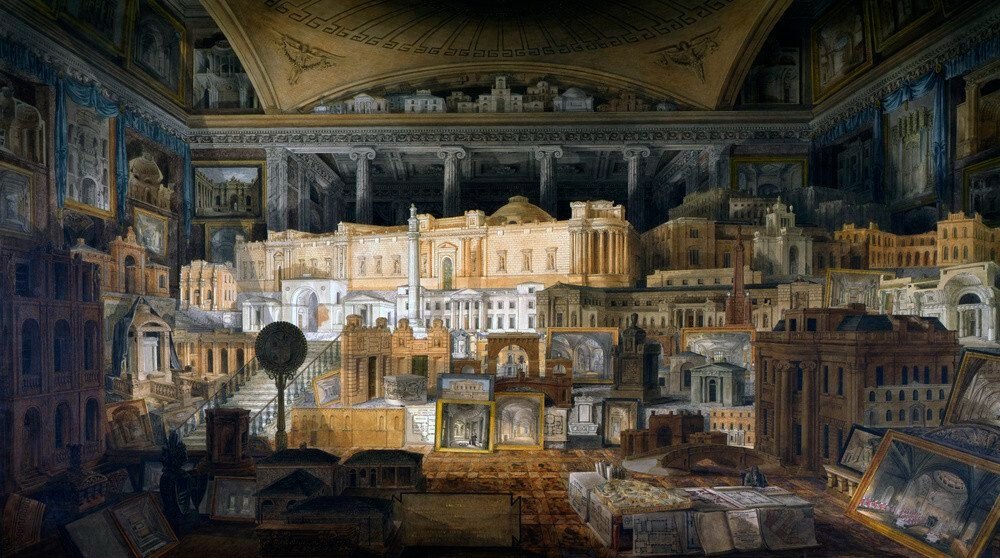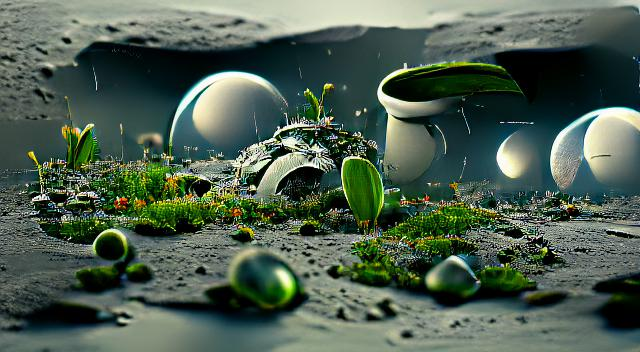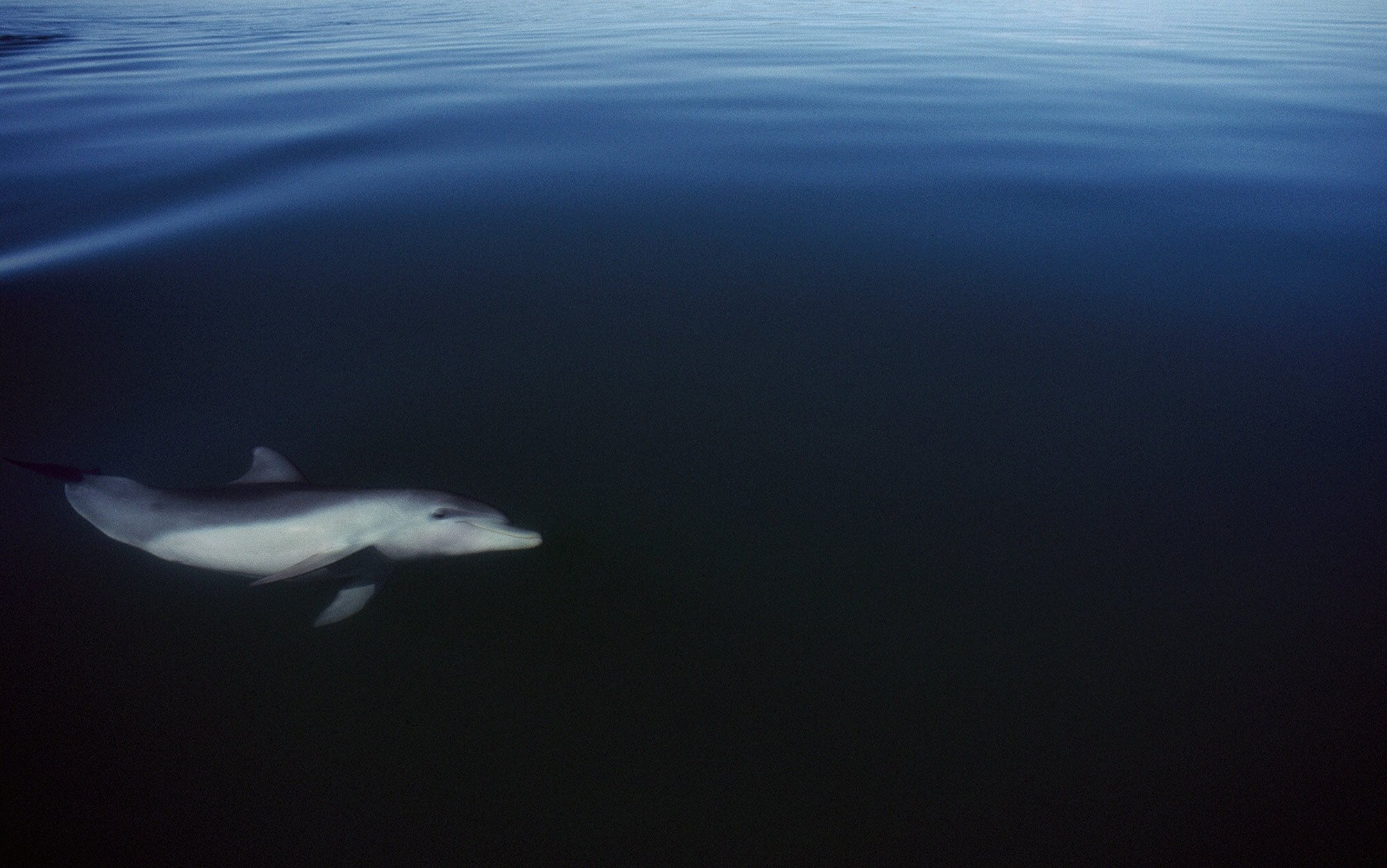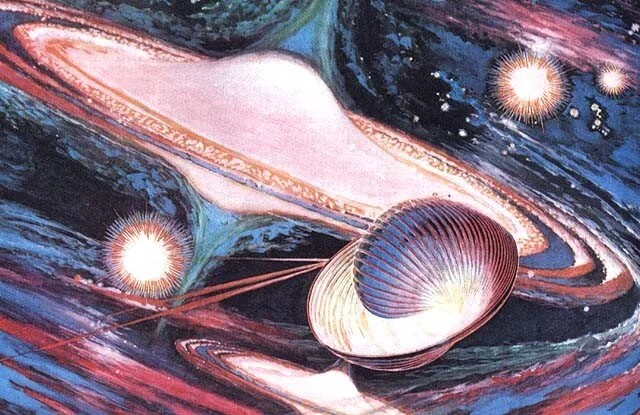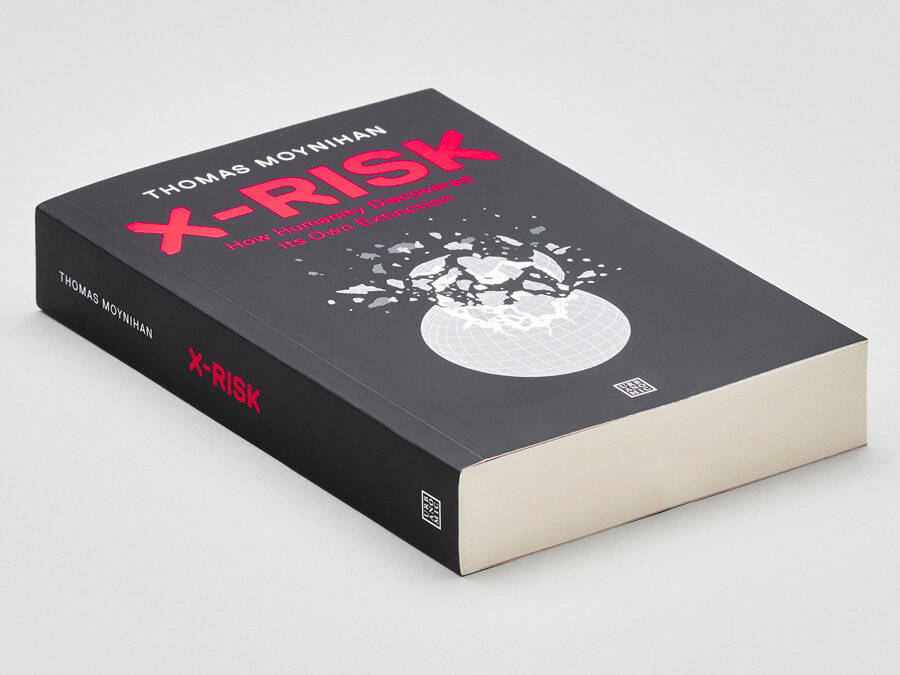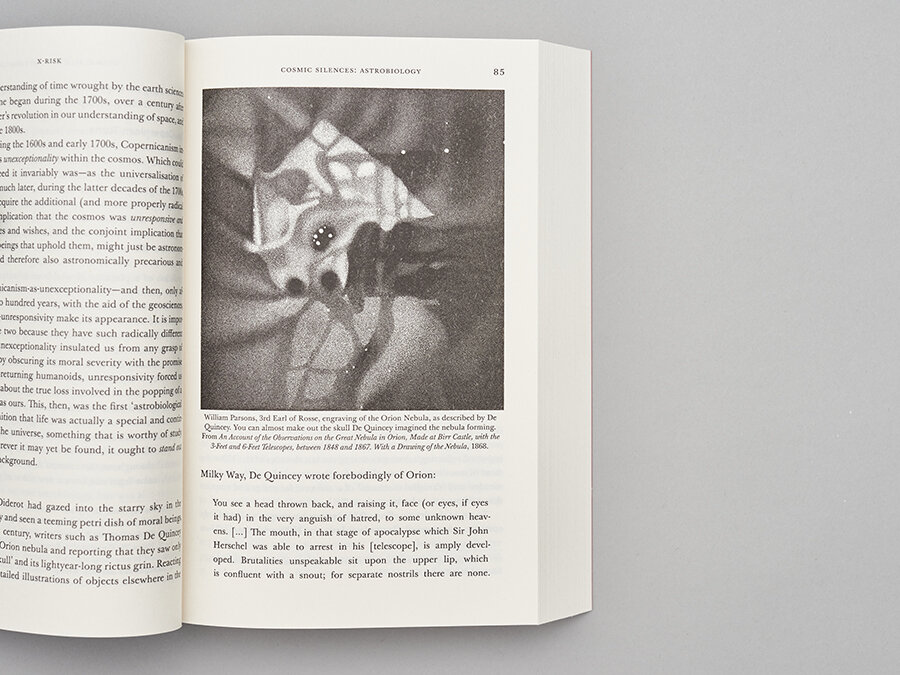
Thomas Moynihan is a writer interested IN THE HISTORY OF IDEAS REGARDING THE FURTHER FUTURE, ALONGSIDE CHANGING ATTITUDES TO THE GRANDEST PROSPECTS & GREATEST PERILS FACING LIFE.
Thomas Moynihan is a UK-based writer. He holds a DPhil from Oriel College, Oxford, and is currently a Visiting Researcher at Cambridge University’s Centre for the Study of Existential Risk. His motivating interests include how attitudes to time have changed throughout time. That is, how beliefs about deep history and the further future have become more capacious: or, how people have, across the ages, gradually discovered just how far the horizon of consequence seems to extend through space and time. Through his writings, he aims to shed light on how the sheer scope of contingency—of the ways in which what comes before can shape all that comes thereafter—came to be recognised across various fields of knowledge and science. He also is interested in nonhuman intelligence, and the ways encounters with other animal minds have shifted humanity’s own measure of itself. Previous writings focused on the historical development of ideas around human extinction.
Thomas’s work has been interviewed on CBC Radio, BBC Radio 4, ABC Radio, and has appeared on various podcasts, such as 80,000 Hours and Futures Podcast; his writings have been featured by publications such as BBC Future, The New Scientist, The Guardian, Aeon, Noema Magazineon, The Independent, MIT Press Reader, Vice, and Tank Magazine.
At present, he is working on a book exploring how history’s horizons have expanded throughout the past—as people have slowly woken up to the ways in which present action can scar the future for life on Earth…

RECENT WRITINGS —
RECENT WRITINGS —
FOR NOEMA MAGAZINE
People claim ideas and factions in the world of AI resemble motifs and schisms from religions of the past. Those advocating AI safety and AI accelerationism, alike, are accused of subscribing to their own opposing theologies… But what's really at stake in the game of uncloaking and scorning 'secular religions’?
FOR BBC FUTURE
Less than a century ago, one US engineer believed setting alight every coal mine on the planet would be good for the climate. He was not alone in such beliefs. The fact we've come so far in our understanding since then provides cautious hope for the future…
FOR BBC FUTURE
On lessons from forecasts produced 100 years ago: when tomorrow’s world seemed less tethered to the polar extremes of ‘utopia’ and ‘dystopia’, and other, stranger, more multifarious possibilties abounded…
FOR SPIKE ART MAGAZINE
Even if our present would shock the past, the apparent newness of AI belies that its conceptual premises are centuries old, as are the anxieties that computation arouses. Is making machines more like people turning humans more like things? And does the future where we will have our being scare us with its strangeness, or with the risk it will be more of the same, just worse?
FOR BBC FUTURE
The story behind the worry that subatomic tampering may ignite the atmosphere and detonate Earth, and what it may tell us about current fears swirling around artificial intelligence…
FOR NOEMA MAGAZINE
When people first encountered extinct beasts, they tended to blame—and even scorn—them for their demise. Through learning to stop pillorying the perished, humanity learnt a lesson in humility, important for our age of ecological crisis…
FOR THE PHILOSOPHER
Why does predicting the future of mind have such a chequered history? A reflection on contingency.
FOR BBC FUTURE
The story of how discoveries, regarding the humble ant, influenced our view of humanity's place – and ultimate prospects – within the Universe…
FOR BBC FUTURE
How the discovery of radioactivity taught us that we could be living at the very beginning of human history…
FOR THE GUARDIAN
What the history of space settlement tells us about present ambitions.
FOR THE Conversation InsightS
What would you be willing to sacrifice for the purest pleasure? The strange, fascinating, and illuminating history of ‘wireheading’.
Co-authored with Anders Sandberg.
FOR THE PHILOSOPHICAL LIFE OF PLANTS
Curious speculations on photosynthesis, solar energy, and humanity’s fate.
FOR 80,000 HOURS
Podcast and in-depth write-up for 80,000 Hours podcast, with Rob Wiblin & Keiran Harris.
FOR AEON
What the porpoise taught us about humanity’s potential — a reflection on SETI, dolphins, and silence.
FOR TANK MAGAZINE
During what could be the daybreak of human history, the severity of extinction rests on futures lost.
FOR VICE
On ideas surrounding astroengineering, Dyson spheres, and directed panspermia - past and present. Exploring proposals for space gardening and greening the galaxy.
FOR SALON
Ironically, the computations of risk that had first made global population visible to us simultaneously forced us to acknowledge that it was itself subject to risk…
FOR MIT PRESS READER
A timeline of thinking on human extinction, splitting it into 4 distinct phases. From the ancient philosophers all the way to COVID-19…
FOR THE NEW SCIENTIST
The nuclear bomb told us we are the greatest threat to our own survival – and the COVID-19 pandemic shows the lessons still to learn…
Co-authored with Anders Sandberg.
FOR THE INDEPENDENT
Realising the silence of outer space was what made us appreciate our precarious position down on this pale blue dot – so beginning our obsession with extinction.
FOR AEON MAGAZINE
Only since the Enlightenment have we been able to imagine humans going extinct. Is it a sign of our maturity as a species?
FOR PALLADIUM MAGAZINE
Futurists have imagined a conflicted spectrum of cosmic visions with intriguing convergence.
“There are no summits without abysses.”
— Pierre Teilhard de Chardin





